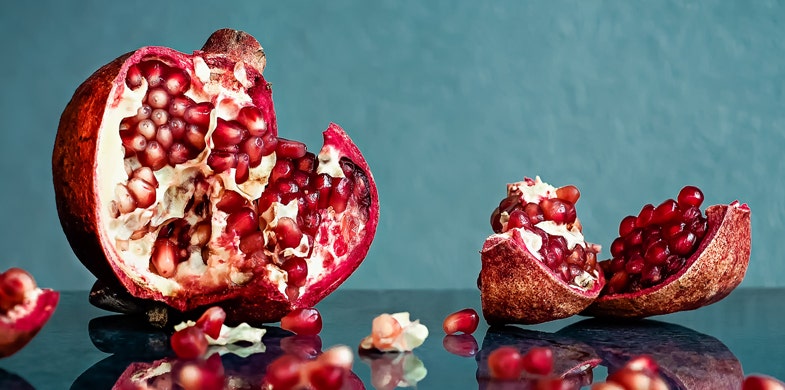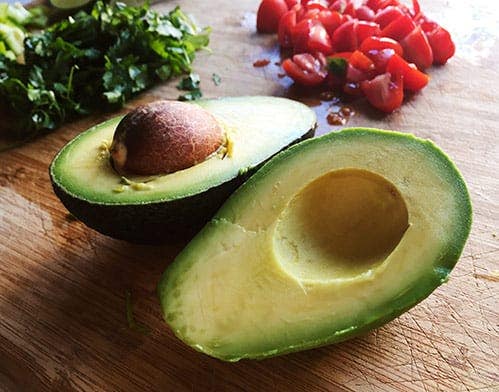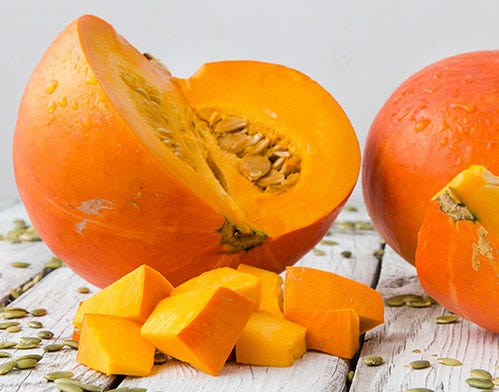The Power of Pomegranate—A Skin Superfood
- 10/10/16


Pomegranate has gained popularity recently, making an appearance in all the trendy spots, from health store juice blends to specialty cocktail infusions at upscale bars and restaurants. It’s also been touted as a new “superfood,” but it has actually been used traditionally for thousands of years by many cultures. There is truth behind all the hype—pomegranate is indeed a nutritional powerhouse. Laboratory tests reported by the University of Maryland Medical Center show that pomegranate has been proven to possess powerful antiviral, antibacterial and antioxidant properties. Further, new research has shown that it may even help fight the effects of aging and promote healthy, younger-looking skin.
According to the Academic Journal of Plant Sciences, pomegranate is the most potent antioxidant of all fruits. A glass of its juice contains more antioxidants than red wine or even green tea! It is commonly consumed as a whole fruit or in juice form, but is also available in supplement extracts, jams and jellies. While many people discard the seeds, they actually are edible, and can be added to salads, yogurt, oatmeal and desserts.
The strong antioxidant properties and health benefits of pomegranate trace back to its tannins known as punicalagins, which are large polyphenol compounds. These compounds are water-soluble, bioavailable and easily absorbed by the body. Further, while punicalagins offer strong antioxidant properties by themselves, the body further breaks them up into smaller polyphenols that are rapidly absorbed and metabolized, continuing to work again and again.
The rich antioxidants found within the phenolic compounds provide exceptional benefits to the whole body, but especially the skin, due to their ability to help protect against free radicals. According to a study published in the Journal of Ethnopharmacology, pomegranate extract guards the skin from oxidative damage, while simultaneously increasing the levels of antioxidant molecules within the body. In turn, this helps to increase the body's natural production of the antioxidant glutathione, which protects cells from free radical damage. This increased microcirculation and cell renewal helps prevent wrinkles and improve the appearance of the skin for a smoother texture. The Journal of Medicinal Plants Research further supports pomegranate’s beneficial free radical protective properties, noting the abundance of high polyphenolic content and antioxidant activities of its peel, flesh, seed, leaf and flower.
Women’s Health detailed the beautifying benefits of pomegranate, citing its ability to promote cell regeneration and collagen production, supporting the skin’s integrity and improving skin elasticity. Pomegranate’s antioxidants further help the skin by working to repair free radical damage caused by environmental factors such as sun damage and air pollution, including hyperpigmentation and age spots. Pomegranate seed oil is especially nourishing for the skin, providing deep hydration.
At just over 200 calories for an entire fruit, pomegranate is a low-calorie addition to the diet that can do wonders for the skin, as well as provide antioxidant benefits to the entire body. When choosing the whole fruit, most available at the store should already be ripe, and ought to feel heavy with firm skin. When choosing fruits, supplements or extracts, always choose Certified USDA Organic and get the highest quality available for purest potency.
This information is intended for educational and informational purposes only. It should not be used in place of an individual consultation or examination or replace the advice of your health care professional and should not be relied upon to determine diagnosis or course of treatment.





